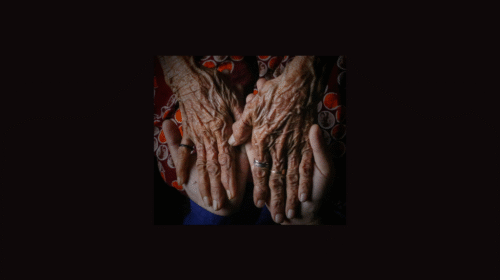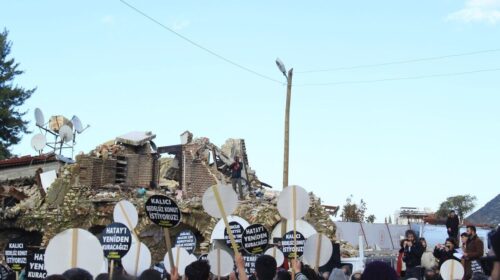Labor
Working Papers Seminar Series 2025-2026
This is the fourth edition of the Working Papers Seminar Series, an online forum where early- and mid-career scholars share work in progress with experts from the interdisciplinary field of care studies. The Fall 2025 cycle is fully supported by the Revaluing Care Lab at the Franklin Humanities Institute, Duke University.

Learning from Migrant Care Workers About Transformative Ethics
The intersection of eldercare and migration reveals critical blind spots in dominant understandings of care ethics and practice.

Is it Love and Unpaid Work? Variations on an Emerging Profession in the Popular Care Economy
Argentina’s popular care economy reopens questions about knowledge and labor “from below”, as well as their economic, political, and societal valorization in processes of professionalization.

Tejiendo desbordes para continuar cuidando: el caso de los comedores populares de Lima, Perú
Las mujeres de los comedores populares generan diversas formas de agencia conscientes o no, feministas explícitas o no, para asegurar directa e indirectamente el cuidado. Se trata de un ejercicio de desborde constante del Estado desde lo cotidiano y, a través de relaciones de cooperación y/o confrontación con el Estado.
Community, Labor, and Care: Amy Chin on the Garment Industry Day Care Center
The Revaluing Care Lab at the Franklin Humanities Institute invites you to a talk by Amy Chin on the past and present of the Garment Industry Day Care Center. The event will take place on Tuesday, April 16, from 11:45 AM to 1:00 PM ET, at the Revaluing Care Lab in Durham and online.

Raising the Bar: Public Employment and Paid Family Leave in North Carolina
Advocates of paid family and medical leave try a novel approach. Research into efforts to move paid leave forward at the municipality level reveals surprising results.
Care as Transformation: Alisson Rowland on Care and Sex Work
The Revaluing Care Lab at the Franklin Humanities Institute invites you to a talk by Allison Rowland on how sex workers redefine care as a process of transformation. The event will take place on Tuesday, March 26, from 11:45 AM to 1:00 PM ET, at the Revaluing Care Lab in Durham and online.
Caring Archives: Tift Merritt on Care and the Music Industry
The Revaluing Care Lab at the Franklin Humanities Institute invites you to an in-person talk by Tift Merritt on the intersections of care and the music industry in the era of digital streaming. The event will take place on Tuesday, March 19, from 11:45 AM to 1:00 PM ET, at the Revaluing Care Lab in Durham.
Creating Common Care (Bilingual Seminar)
The Revaluing Care in the Global Economy project invites you to a seminar on Creating Common Care, examining how community care structures intersect with labor, the state, and economic precarity in Latin America. The event will take place online on Friday, April 4, from 10:00 AM to 12:00 PM Eastern Time.

The Courage and the Scourge of Caring: Coal Miners’ Earthquake Search and Rescue Work
The Soma coal miners translated their underground skills into life-saving care after the February 6, 2023, earthquakes, acting swiftly where the state failed. Using traditional mining techniques, they reinforced the rubble, creating moments of survival through expertise, solidarity, and sheer physical courage. Their intervention exposes how care under capitalism remains reactive—yet, when organized, it holds the potential to resist collapse and build a different future.

What Labour Justice? Care Work as a Duty & Social Welfare
The concept of the worker-citizen, embedded in the Indian Constitution, raises questions about the implications for care workers.
Kate Reed on Women Workers and Labor Rights
The Revaluing Care Lab at the FHI project invites you to the first lecture in the Visiting Lectures Series within the Women at Work class led by Dr. Tania Rispoli. This hybrid event will feature Kate Reed discussing women’s labor on Mexico’s southeastern railroads and their struggles for labor rights. Wednesday, February 19, 11:45 AM – 1:00 PM ET online.